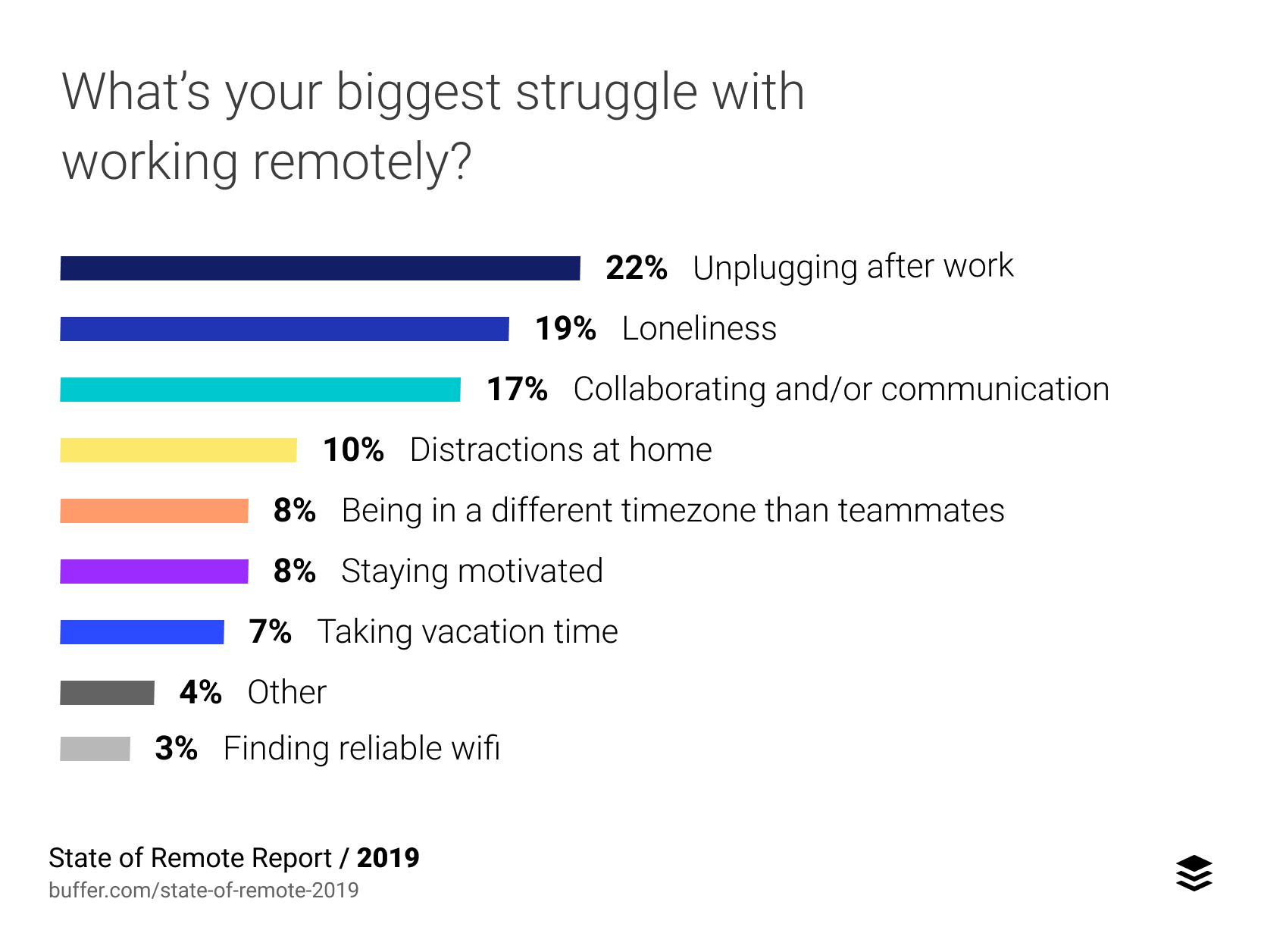Remote work has become increasingly important in our modern world, especially with the changes and disruption caused by the COVID-19 pandemic. But for many employers and employees, having people or teams working remotely is quite new and presents many challenges.
One major challenge is managing and maintaining employee health, which has proven to be vital to successful businesses. Looking after employee health and wellbeing leads to more productive employees, with far more mental and physical energy to invest in their job.
Conversely, a sick or stressed employee might finish the job, but they’ll have to work far harder, and longer. This leaves them vulnerable to burnout and more likely to miss deadlines and produce lower quality work.
Obviously, with flexible and remote work being a big part of the ‘new normal’, your organisation’s ability to address the challenges your people face could determine whether you succeed or fail in the post-pandemic world.
But what are the best strategies for helping your employees stay healthy and productive during such testing times? Let’s take a closer look at remote worker health and what you can do to stay on top of it.
The truth about remote work
Remote work sounds great on paper. The company stays productive while workers keep their jobs and income (while possibly still in their pyjamas), and miss the hectic daily commute.
While it’s true there are many benefits to working from home for both employees and employers, we’re only just learning about the scope of the challenges and how they affect people, especially when remote work becomes permanent or goes on for extended periods..
The leading problems employees working remotely have to deal are maintaining work-life balance, loneliness, and collaboration or communication problems.
While you’re bound to encounter some issues, employers, managers, and HR teams have a lot of power to help.
Why you need to care about remote employees
As we all know, for any business to succeed, you need your most precious asset - your employees - to be as healthy and motivated as possible.
It’s better to approach employee wellbeing preventatively rather than dealing with issues when they’ve already snowballed into bigger problems. Catching health and wellbeing issues early can reduce problems like presenteeism, high turnover, and staff taking excessive sick leave and ‘mental health days’.
Beyond being proactive, showing your employees you’re putting their health first not only helps them feel supported, valued, and cared for, thereby boosting retention, but it also helps attract top new talent.
How to maintain employee health in tough times
When workers are thrust into difficult and unprecedented situations, their health can take a nosedive. Stress levels rise, which can trigger unhealthy responses and lead to mental health issues.
While changes and challenges are hard to avoid, there’s a lot employers can do to mitigate risks and help their people. Here are 3 key areas to focus on:
1. Allow time off (and mean it)
While it’s tempting to think someone answering emails at all hours is a top worker, it could be a sign they’re struggling to draw healthy work-life boundaries. If left unchecked, this can rapidly lead to employee burnout.
Ensure you and your managers proactively keep an eye on team members’ work hours and that you respect their right to lunches, evenings, and weekends off.
Time-tracking tools and project management software will help employees maintain a sense of structure and make it easy for managers and HR teams to ensure remote workers are taking necessary time off.
Effective systems can also help employers ensure their work-from-home staff are staying productive, connected, and that projects are moving forward as they should be.
2. Check in regularly
Without contact and the workplace norms of scheduled start, end, and break times, remote workers can feel a little isolated. Managers should schedule in regular catch-ups with employees to let them know they’re supported - whether they want to discuss work things, childcare, or any health concerns.
When checking in with people, make it pre-arranged and regular. This gives you and your employees structure and time to prepare.
Regular check-ins give both parties the opportunity to speak more candidly and honestly. If you’re a manager, be as personable and sympathetic as possible. This is also an opportunity for employees to discuss issues or hurdles, something that’s vital when they’re at home and not in daily contact with colleagues and leaders. Give them a platform to do this.
3. Provide perks and benefits
If you want happy, motivated employees, adding perks and benefits to an already awesome work environment really is the cherry on the cake.
Offering perks above and beyond what’s expected shows employees you are truly invested in their wellbeing, and that you’re not just doing the bare minimum.
When it comes to perks for people working remotely, things like sending surprise food packages could really put a smile on their faces. You could also consider extra time off (e.g. days off for birthdays), training opportunities, meal allowances, home office upgrades, healthcare or other reward programmes, vouchers, or domestic help.
Find out more about top employee benefits and perks.
About the author
Dean Mathews is the founder and CEO of OnTheClock, an employee time-tracking app that helps companies all around the world track time.


